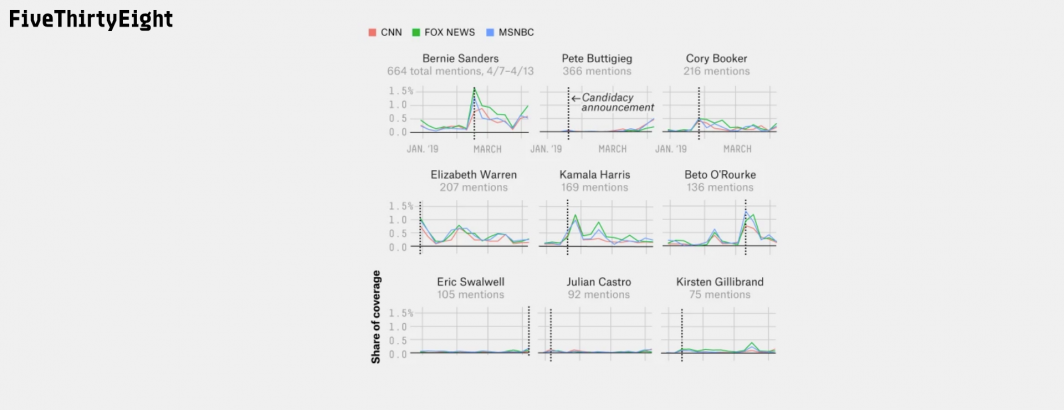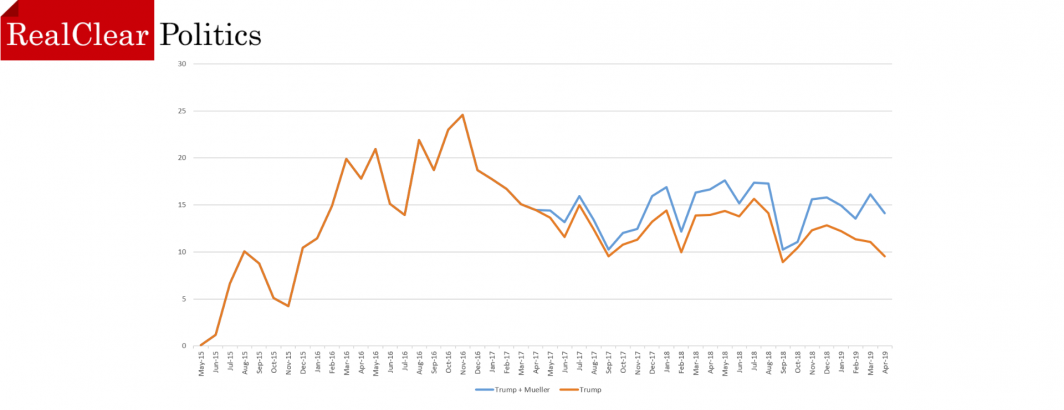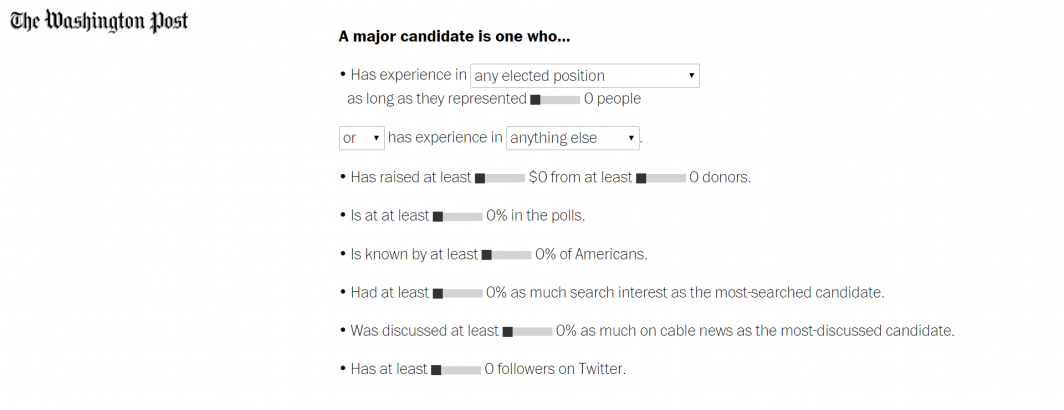We're Increasingly Experiencing Events Through Live Streaming
One of the early promises of internet video was the ability to experience the world through the eyes of others….
Deep Learning And The Limits Of Learning By Correlation Rather Than Causation
For AI evolve beyond the simplistic and constrained tasks of today towards the complex generalized intelligences of tomorrow will require…
Waymo Reminds Us: Successful Complex AI Combines Deep Learning And Traditional Code
Waymo reminds us that for truly robust complex deep learning systems that must interact with the chaotic cacophony of the…
500 Forbes Columns And Counting
In the just over three years and four months since his debut Forbes column on September 15, 2015 announcing "Reimagining…
As The Cloud Courts The Enterprise It Goes Big Memory
As the commercial cloud has increasingly courted the enterprise, the major cloud vendors have been rolling out ever-larger machine options,…
The Four Eras Of Wikipedia And Visualizing History Without Maps
Maps are an especially powerful lens through which to understand history, connecting our world through one of its two fundamental…
Could AI Create A Super Wikipedia From All Of Recorded History?
What might it look like to use machines to read all of recorded history and create a super Wikipedia that…
Could AI Help Us Better Understand History?
What might it look like to visualize two centuries of world history through the eyes of Wikipedia and could AI…
Can Machines Be Journalists?
As algorithms have largely displaced humans in the areas of rote reporting like box scores and basic financial summarization, could…
Moving Beyond Monolithic Automated Fact Checking And Context Algorithms
As livestreams of the Notre Dame fire proliferated yesterday, a new wave of automated fact checking filters designed to combat…
Twitter Is For Pitching Journalists And Instagram Is For Listening To The Public
Twitter is the place to reach journalists and policymakers, while Facebook and Instagram are the places to hear from everyday…
FiveThirtyEight: Buttigieg Was The Second-Most-Mentioned Candidate On Cable Last Week. Sanders Was The First.
FiveThirtyEight's Oliver Roeder and Dhrumil Mehta explore how the major stations covered the Democratic candidates over the past week. Read…
US Companies Can Still Harvest And Resell EU Citizen Data Under GDPR
European Union citizens will find themselves just as harvested, mined, manipulated and monetized as the rest of the world as…
Is Legislation The Only Hope To Fix Social Media's Ills?
Not a week goes by that there isn’t yet another story about the evils of social media, from enabling genocide…
We've Stopped Talking And Searching About Privacy
After a year of nearly continuous privacy revelations involving Facebook and, in an era when breaches and privacy failures have…
As Brick And Mortar Stores Automate Their Customer Service Suffers
As stores replace human staff with brittle automatic touchpoints, this increasing overreliance on automation risks pushing their remaining customers to…
Misinformation And Restoring Provenance To The Digital Marketplace Of Ideas
The digital world's loss of provenance means information arrives to us today without the necessary context that would permit us…
Mapping Global Pollution Through AI, Satellite Imagery And Intelligent Drones
One of the most fascinating themes of the emerging digital world is the way in which this perfect confluence of…
Twitter Versus Facebook: Why Selling Access Is Better Than Selling Data
Facebook sells access to its user data through advertising, while Twitter sells its packaged user data directly, letting others build…
Facebook Was A Democracy 2009-2012 But We Didn't Vote So It Turned Into A Dictatorship
It can be hard to imagine that just under a decade ago Facebook was actually a rudimentary democratic state in…
Is A Fragmented Internet Inevitable?
As the world’s cultures collide in the digital sphere and our nation-based societies show little signs of converging on a…
Media Focus on Trump Has Been Remarkably Stable
The Era of Trump has been a blessing for America’s news media, giving them a never-ending stream of stories that…
The EU's False Terrorist Takedown Requests Remind Us Why Bad Internet Legislation Is So Dangerous
The EU’s demands on behalf of a member state for the Internet Archive to delete its primary indexes of hundreds…
WashPost: Who Counts As A Major Democratic Primary Candidate? You Tell Us.
The Washington Post's Philip Bump created this great interactive demonstration of how hard it can be to select what the…























